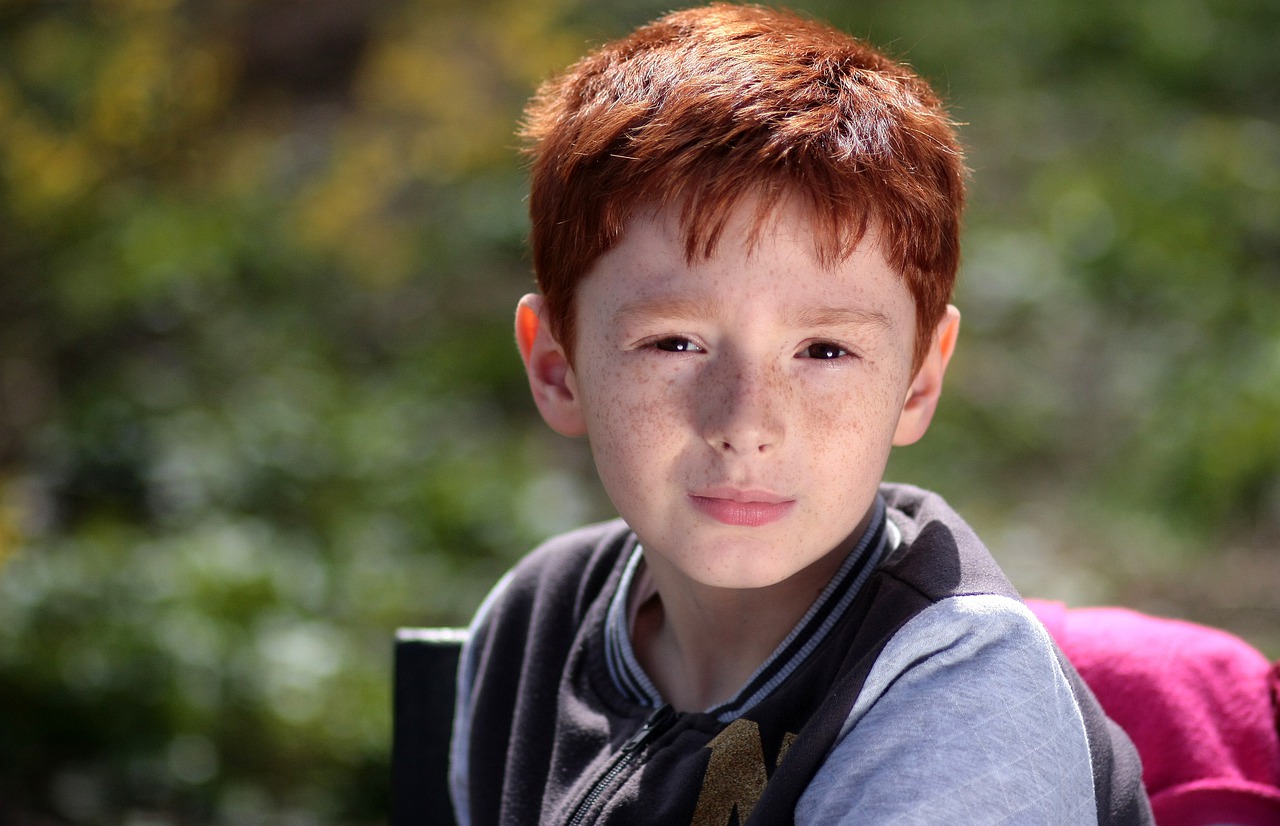At least 700,000 people in the UK have autism. Discovering that her 11-year-old son Jack was among them changed Jenny’s world. But with the help of Fegans and other parents, she is finding her way forwards.
Every child with autism presents differently. They may not recognise social cues, body language and feelings. They may seek security in strict routines. They may over- or under-react to sensory stimulation. Issues around some or all of these can trigger a meltdown, shutdown or extreme anxiety.
‘We first noticed problems when Jack* started school,’ Jenny* recalls. ‘He didn’t want to wear a uniform or go into the classroom. Some days it can take three hours to get him through the door. But once he’s there, the teachers say he’s OK.
‘In some ways he’s so normal – he’s bright and fairly confident. But at home he’ll suddenly have a meltdown and throw things. You can’t predict it and it’s been hard to tell if he’s just misbehaving or is it something more? That’s one reason it’s been so hard to get a diagnosis.
‘We finally saw a consultant in February who said we wouldn’t get a formal diagnosis before secondary school; secondary school starts next week. I’m dreading it – the uniform anxiety again. His primary school let him wear joggers and a t-shirt, the secondary won’t be so flexible.’ Jenny pauses, choking back tears. ‘I know we’re going to have to have that battle and it’s just going to be so hard, for both of us…’
‘We’ve tried every kind of parenting. None of it works. It’s exhausting, it’s relentless. You end up in your own world, trying to figure out how best to support him whilst keeping up with work, caring for the other kids and your husband. It cuts you off from your friends, even your own family. Our own parents don’t understand, they think he’s just playing up. I can feel like I’m to blame.’
Through the primary school, Jack received counselling from Fegans and Jenny attended Early Bird Plus, an 8-week course for parents of children with autism led by our Parent Support Workers Rebecca Leal and Nicola Baldwin. Both have been trained by the National Autistic Society, both are themselves parents of children with autism. It gives them a deep empathy with the other parents.
Rebecca says, ‘Some parents simply get a diagnosis and perhaps a leaflet and have been left to work things out for themselves. Early Bird Plus gives them the facts. It also gives them the support they may be missing, from Nicola and I and from one another, both at sessions and between times via our WhatsApp group.’
Jenny says, ‘It’s so good to be with other parents of children with autism, including Rebecca and Nicola, who understand and are open about their particular challenges. I don’t feel so alone. We can share fresh approaches to try. On a bad day, it’s such a relief to know there are other people you can talk to who will really understand and are sympathetic and helpful.’
Rebecca says, ‘We also encourage parents to look after themselves too so they don’t break under the strain – for example, to step away and take a deep breath when it all gets too much. So often they feel they have to put themselves second.
‘But we can also reassure them that it won’t always be this hard. Nicola and I have older children with autism and know that, with the right support, things do get a lot easier.’
*Details changed to protect identity

